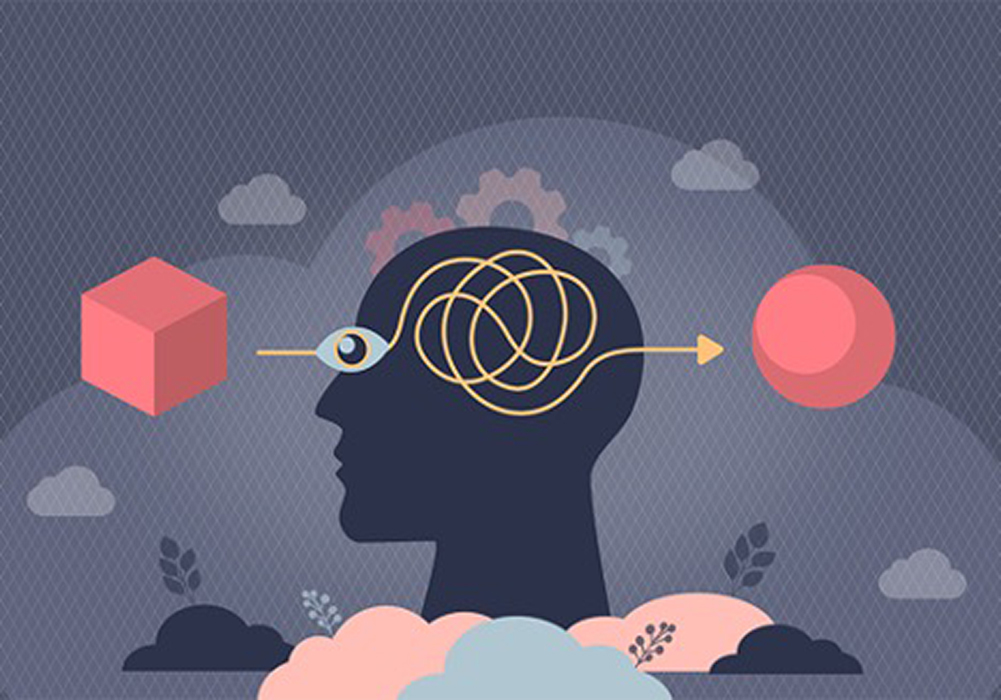As oncology nurses, our personal biases can affect not only our own brains and cognitive functioning but also the mental health of those we interact with. We all have biases, or preconceived notions or ideas about particular people, groups, or circumstances. They frequently result from prior experiences, cultural and societal influences, and societal conditioning.
In nursing clinical practice, biases may influence our interactions, decisions, and overall well-being. Understanding how our biases affect our mental health is critical for providing equitable care and establishing a healthy work environment.
What the Research Tells Us
Biases are filters by which we perceive the world. They can alter how we understand information, make judgments, and make healthcare decisions. Those filters, however, may limit our comprehension of complex topics and our capacity to give our patients comprehensive and unbiased care. Recognizing our biases is the first step toward creating a more inclusive health system.
People may seek and interpret information that validates their preexisting ideas and biases. That tendency, called confirmation bias, occurs when we only consider information that confirms our preexisting opinions while ignoring or discounting conflicting facts. Confirmation bias can limit our readiness to accept alternate points of view or evaluate new information critically. To counteract it, we must actively examine our prejudices, seek out varied sources of knowledge, and adopt a mentality of continuous learning.
Our personal implicit biases may cause us to feel defensive, resentful, fearful, or anxious when our views are challenged or discussed. Those significant emotional responses can negatively affect our mental health and well-being as well as our work and patient care. To foster a positive work environment and provide compassionate patient care, we must learn to recognize and control our biases.
How to Practice
Your implicit bias may adversely influence how patients are treated, perpetuating disparities and obstructing the objective of equitable health care. To guarantee that all patients receive the same high-quality care, nurses have an ethical obligation to tackle our preconceived biases.
Although the research tells us that we are hardwired for bias, here are some strategies that we can adopt to minimize how they affect us and those around us:
- Practice self-reflection to recognize and understand your own views, attitudes, and biases. Then consider how they might influence how you engage with patients and coworkers.
- Aim to actively seek out different viewpoints, attend workshops, and research published literature that challenge your biases.
- Practice empathy by paying attention to peoples' stories and learning about their individual experiences. Engaging empathy promotes a greater understanding of different people and decreases stereotype-based bias.
- Objectively evaluate information and consciously try to form an unbiased opinion. Evaluate data from rigorous studies, expert reports, and patient experiences to guide your practice.
- Practice mindfulness to increase your awareness of your thoughts, emotions, and biases, which will help you react to events more consciously and objectively.
- Seek out opportunities for conversations with people who come from different backgrounds. Challenge your biases with respectful and open discussion, and learn from their experiences. Genuinely listen and aim to understand their viewpoints.
Acknowledging and challenging our biases is an ongoing process that calls for tolerance, humility, and a dedication to growth. These techniques can help us gain control over our biases and create an environment that supports and improves patient outcomes as well as our overall well-being.






